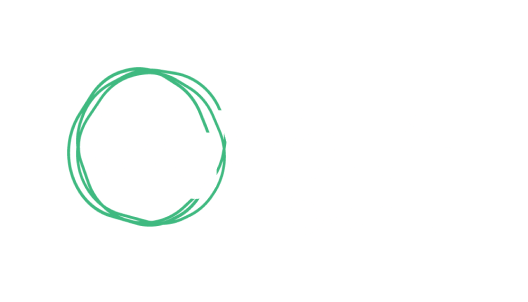
Some (not all) companies “reward” their investors with dividend payments on a monthly, quarterly, or yearly basis.
You’ll often hear analysts talk about companies that are “good to their shareholders” - they’re talking about companies that pay dividends.
For some investors, this is a deal breaker when it comes to choosing stocks.
Makes sense right? Why would you invest in a company like Under Armour that pays no dividend when you can invest in Costco, or Coca Cola, who pay them out regularly?
It all depends on what kind of investor you are and what you expect from your portfolio.
When a company reaches the point that they are regularly profitable and have paid off all their debt, they have four choices for what to do with the money:
- Reinvest in the company and try to expand either through new markets or new products.
- Sit on the cash so as to build up reserves.
- Payout a dividend to the shareholders.
- Buy back shares in the company.
When a company chooses not to reinvest, they’re essentially saying that they’ve reached the point where substantial growth is no longer possible. So they pay out a regular dividend to keep the shareholders happy.
If you’re mature and approaching retirement, dividend-paying companies could be a good choice for you. The steady source of income can help you through retirement and the stocks can be passed down to your children. Companies that pay dividends are usually less volatile, as the regular dividend provides confidence to investors.
However, in a downturn, companies may have to decrease or eliminate their dividend. This is a massive red flag for investors, who will jump ship at the mere suggestion of a dividend cut, which will then cause a reduction of the share price. Now you have shareholders who’ve lost capital and are seeing their steady source of income slashed. Not a good mix.
Younger investors really shouldn’t concern themselves too much with dividends. With time on your side, you should be looking for companies with plenty of room to grow their business and, in turn, your investment.
If you want to find a nice middle ground, look for companies that engage in stock buy backs. When a company buys back its own stock, it not only increases the share price, but is a massive show of confidence in the business from the people who know most about the potential challenges and opportunities ahead.


